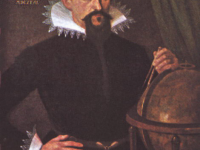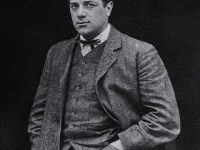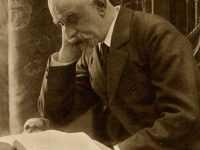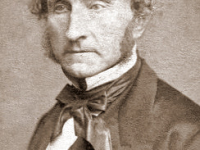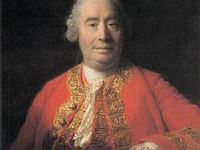And Kepler Has His Own Opera – Kepler’s 3rd Planetary Law
On May 15, 1618, famous astronomer Johannes Kepler discovered the 3rd and also last of his planetary laws, and concluded the general revolution of our celestial world that started with Nicolaus Copernicus about 100 years earlier.[1] And that made him rather popular as he still is today. Did you know that there is a Kepler crater on the Moon, a Kepler crater on Mars, a Kepler asteroid, a Kepler supernova, of course there…
Read more

